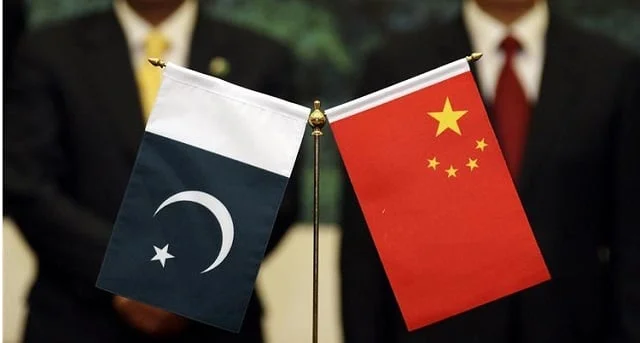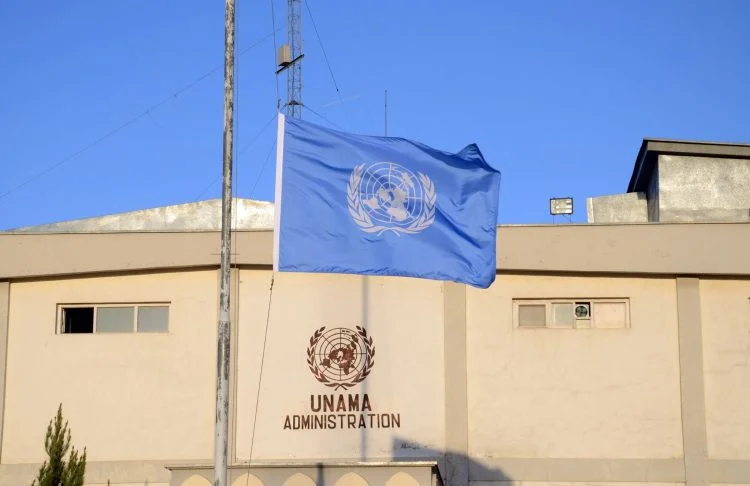Pakistan-China ventures in two key projects include revitalizing Pakistan’s leather industry and introducing eco-friendly solar e-bikes.
Chinese and Pakistani businesses are establishing a joint venture to advance Pakistan’s leather sector, facilitated by the Special Investment Facilitation Council (SIFC). Pakistan’s leather business, once regarded as the second-largest industry after textiles, has been experiencing a slow decline for several decades. The Special Investment Facilitation Council (SIFC) has designated the leather industry as a priority sector with significant potential for growth.
China, the world’s leading leather exporter producing 4 billion square feet annually, brings valuable expertise to this partnership. This partnership aims to rejuvenate the leather industry in Pakistan, creating prospects for new enterprises and fostering the growth of existing ones. Additionally, it would provide a platform to exhibit Pakistani leather items on a global scale.
The PTA official stated that one of the main reasons for this lag is the underdevelopment of the leather goods subsector. Pakistan’s raw leather and leather clothing business is robust. Still, manufacturing and exporting value-added leather products such as handbags, purses, luggage, key chains, and belts remain underdeveloped.
Also See: Pak-China Joint Lab: Advancing Intelligent Agriculture in Pakistan
Introducing Solar E-Bikes to Pakistan
In another significant development, Chinese and Pakistani companies formed a preliminary cooperation deal. They aim to bring eco-friendly solar e-bikes to Pakistan. The joint venture includes Road King, a prominent electric scooter brand. In addition, AGAO Solar Mobility, a Chinese firm specializing in solar-powered scooters, is also involved.
As reported by the China Economic Net (CEN), both parties engaged in detailed discussions. They discussed Pakistan’s local transportation market demand, product development trends, and specific cooperation modalities.
The Chinese corporation affirms that its pioneering strategy is committed to delivering zero-carbon-emission solutions for travel over short distances. Solar scooters, equipped with solar panels, utilise solar energy to recharge the battery, hence minimising reliance on conventional charging methods.
The solar e-bikes’ environmental friendliness and high-efficiency performance were highlighted in perfect harmony with Pakistan’s present need for green transportation alternatives.
The Special Investment Facilitation Council (SIFC) is crucial in these advancements, catalysing foreign investments and assuring the effective execution of collaborative business initiatives. The SIFC is crucial in advancing Pakistan’s economic development by identifying important sectors and promoting strategic collaborations. The SIFC intends to facilitate collaboration with Gulf Cooperation Council (GCC) states, enabling the exploration of investment prospects in various industries such as agriculture and information technology.
Shahbaz Sharif’s Visit to China
Prime Minister Shehbaz Sharif’s visit to China from June 4-8 signed 32 memorandums of agreement between Pakistan and China. These agreements encompass industries like Information Technology (IT), textiles, leather and footwear, minerals, pharmaceuticals, and agricultural and food processing. This big development occurred on the second day of the visit, to attract essential foreign direct investment. The agreements were concluded at the Pakistan Business Conference in Shenzhen after business-to-business discussions between Pakistani and Chinese entrepreneurs. Sharif’s visit also centered on enhancing the China-Pakistan Economic Corridor (CPEC), a prominent undertaking of President Xi Jinping’s Belt and Road Initiative (BRI).
The China-Pakistan railway, the most significant transportation endeavor within the Belt and Road Initiative (BRI), is progressing due to its strategic significance. Despite an estimated cost of US$57.7 billion, the project continues to move forward.
Also See: Pakistan and China: A Tango of Trust and Diplomatic Choreography
The cooperative endeavors between China and Pakistan represent a notable advancement. They aim to rejuvenate industries and promote environmental sustainability. The leather industry alliance aims to enhance Pakistan’s competitive advantage in the global market. It also seeks to implement solar e-bikes, offering an innovative solution to urban mobility obstacles. As both countries further enhance their economic connections, these endeavours highlight the need for global collaboration in attaining sustainable development objectives.
This news story is covered by Sabiah Shakeel, Junior Research Associate at South Asia Times (SAT).






